How Highly Sensitive Individuals Can Prevent Burnout
Burnout is a prevalent issue that affects individuals across various professions, and highly sensitive people (HSPs) are particularly susceptible to it. As an HSP myself, I have personally experienced burnout multiple times before understanding my sensitivity and learning how to cope with it effectively. It's crucial for HSPs to be proactive in preventing burnout and protecting themselves from the pressures of work. In this blog post, we will explore why HSPs are more prone to burnout, the signs to watch out for, and practical strategies to avoid burnout based on my own experiences.
Understanding the Vulnerability of HSPs to Burnout:
While burnout is a widespread issue that affects people from all walks of life, there are specific factors that make HSPs more vulnerable to it. These include:
1. Higher Need for Rest: HSPs' inherent traits and strengths consume significant energy, making them more susceptible to exhaustion and fatigue.
2. Sensitivity to Physical Environment: HSPs are highly attuned to their surroundings, and factors like bright lights, excessive noise, or crowded spaces can drain their energy and contribute to burnout.
3. Desire for Meaningful Work: HSPs are driven by a deep need for purpose and fulfillment in their work. When they feel unstimulated or disconnected from their tasks, it can lead to burnout.
4. Deep Empathy: HSPs possess a strong capacity to absorb and internalize the emotions of others. This empathic nature can be overwhelming and exhausting, increasing the risk of burnout.
5. Attention to Detail: HSPs have a keen eye for subtleties and intricacies, which can result in overstimulation and mental strain when combined with demanding work environments.
Recognizing the Signs of Burnout:
Identifying the signs of burnout is essential for HSPs to take proactive measures before reaching a breaking point. These signs may manifest physically, mentally, and emotionally, including:
- Frequent tension headaches and insomnia
- Feeling constantly unwell or experiencing body aches
- Expressing a lack of time and energy for anything else
- Loss of interest or creativity in work
- Nightmares and constant negative talk about work
- Withdrawing from responsibilities and social activities
- Questioning one's abilities and feeling a sense of incompetence or imposter syndrome
The Dangers of Understimulation:
While HSPs are known for being easily overwhelmed, it is equally important to address the dangers of being understimulated. HSPs thrive with an optimal level of stimulation, and feeling bored or unchallenged in their work can be just as emotionally draining. Therefore, finding a balance between overstimulation and understimulation is crucial to maintaining well-being.
Strategies to Prevent Burnout:
To avoid burnout and maintain a healthy work-life balance, HSPs can implement the following strategies:
1. Pay Attention to Your Environment: Evaluate both the physical space and the people in your work environment. Surrounding yourself with positive, respectful, and supportive individuals can greatly impact your well-being. Additionally, ensure that your workspace suits your needs and provides a conducive atmosphere for your sensitivity.
2. Accept Your Way of Working: Embrace your unique strengths as an HSP, such as creativity and attention to detail. Take your time to produce your best work and communicate your preferred timelines to your manager when necessary.
3. Ask for What You Need: Be proactive in expressing your needs and seeking the necessary support or accommodations from your employer. Don't hesitate to ask for flexibility and adjustments that will enable you to work effectively and maintain your well-being.
4. Be an Observer, Not a Participant: While it's natural for HSPs to deeply connect with their work and colleagues, it's important to maintain boundaries and avoid absorbing negative emotions or becoming part of a toxic work culture. Adopt the role of an observer to understand the dynamics, motivations, and behaviors in your workplace, which can inform your decision-making and contribute to a healthier work environment.
Burnout is a real concern for highly sensitive individuals, but it is not an inevitable outcome. By understanding the unique challenges faced by HSPs, recognizing the signs of burnout, and implementing strategies to prevent it, you can protect yourself and thrive in both your personal and professional life. Remember to embrace your sensitivity as a strength, communicate your needs, and prioritize your well-being. With knowledge, acceptance, and emotional wisdom, you can overcome burnout and find fulfillment in your work.
Warmly,
Tekin Meric, MSc
Counselor & Coach
If you would like to receive counseling or coaching support as you navigate your life issues, please feel free to reach out. I would be honored to hold a space for you online or in my practice in Amsterdam.



